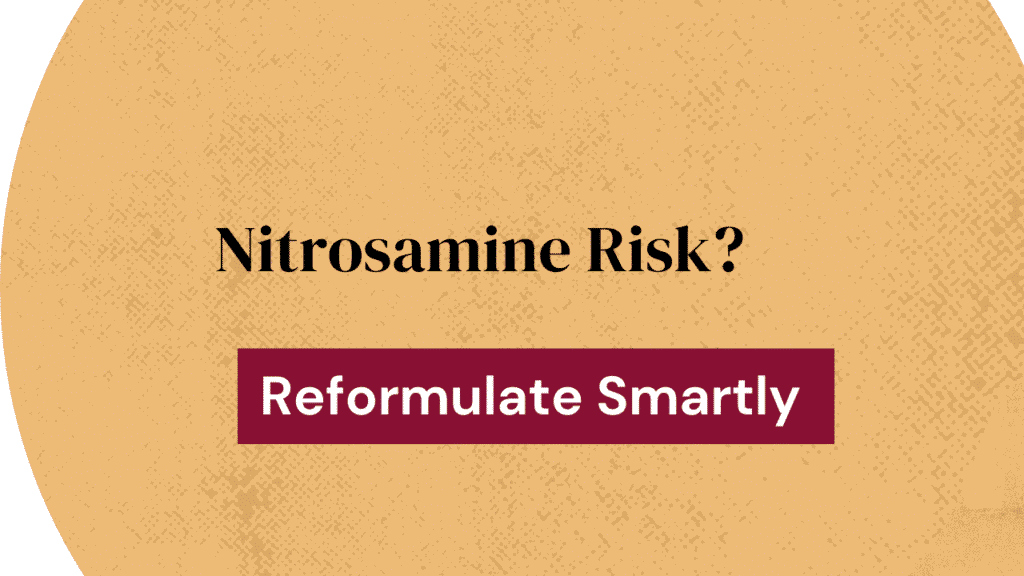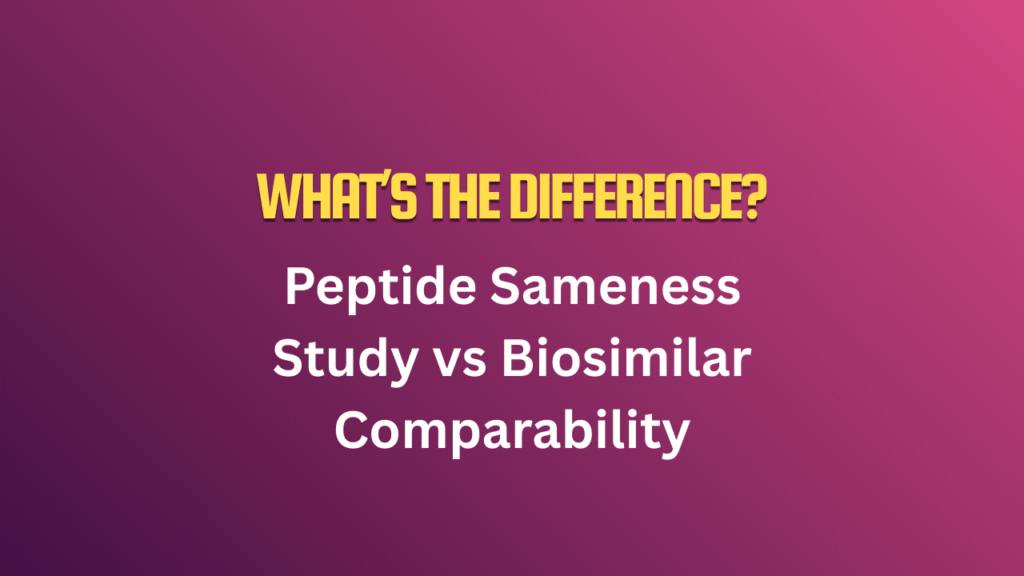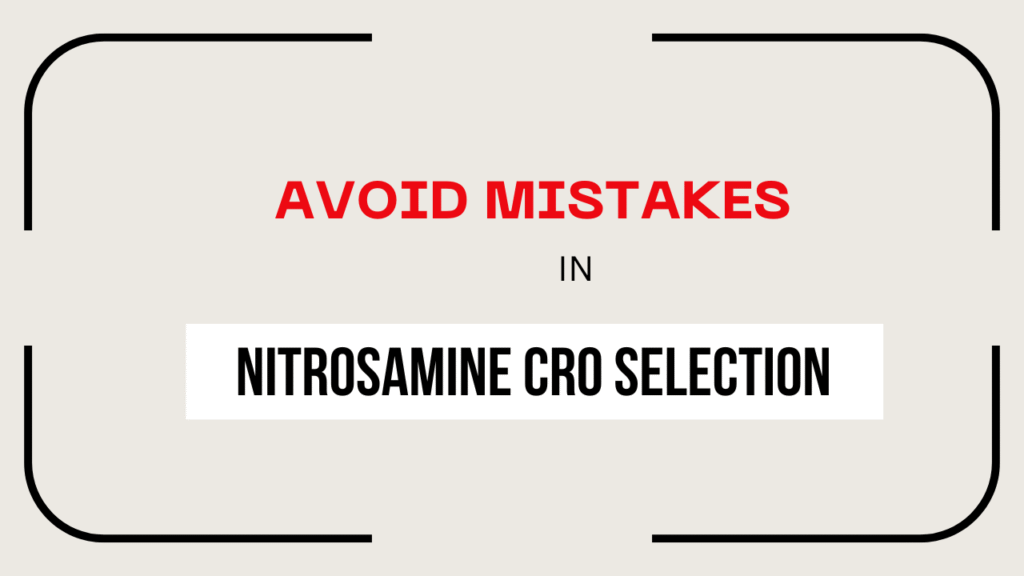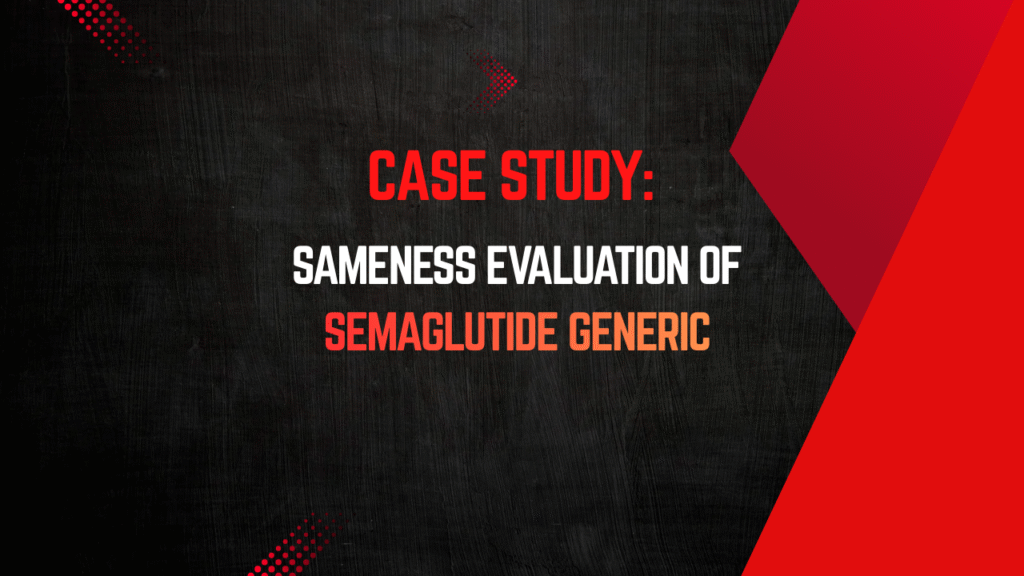When you’re creating something that depends on polymers — whether it’s a medical device, a flexible film, or a high-performance automotive part — you need to be absolutely sure it will work as expected. That’s where polymer quality control comes in.
At ResolveMass Laboratories Inc., we’re not just testing polymers — we’re helping innovators build better materials. Our specialized polymer analysis services are designed to give manufacturers, scientists, and developers the confidence that their polymers will perform exactly as intended, every time. From structural consistency to thermal behavior, we provide the kind of insights that help you stay ahead — in quality, compliance, and performance.
Why Polymer Quality Control Matters
Here’s a more humanized and conversational version of that paragraph, while keeping it scientifically accurate and authoritative:
The way a polymer performs — its strength, how it handles heat, and how long it lasts — all comes down to its molecular structure and chemical makeup. Even small changes at the molecular level can lead to big differences in product performance. That’s why polymer quality control is so essential. Think of it as the final checkpoint before your material becomes a real-world product. By using advanced analytical techniques, we can detect impurities, check molecular weight distribution, and assess whether a polymer is truly fit for its intended use. It’s not just about testing — it’s about making sure your materials are ready for the demands they’ll face.
ResolveMass Laboratories Inc. leads the industry with its extensive experience and validated methods for polymer analysis. Our cutting-edge infrastructure ensures accurate, fast, and reliable quality control testing.
Understanding Polymer Analysis Techniques
Modern polymer analysis utilizes a wide range of advanced instrumentation techniques to ensure effective polymer quality control:
1. Gel Permeation Chromatography (GPC)
GPC is essential in determining the molecular weight distribution of polymers—a critical factor in understanding product behavior and performance. At ResolveMass, our GPC analysis services are trusted by leading companies for detailed polymer profiling.
2. Glass Transition Temperature (Tg) Testing
Understanding the thermal behavior of polymers is crucial. Tg testing helps identify the temperature range where a polymer changes from a rigid state to a more flexible one, impacting processing conditions and usability.
3. Nuclear Magnetic Resonance (NMR) Spectroscopy
NMR analysis provides detailed structural information, including monomer sequence, tacticity, and chain composition. Our NMR peptide analysis capability allows for advanced identification and quantification of molecular features.
4. Custom Polymer Synthesis and Testing
In scenarios demanding unique polymer compositions, our custom polymer synthesis services provide tailored solutions. Coupled with quality control, this ensures every step from synthesis to testing aligns with performance objectives.
Real-Time Case Study: Solving a Polyethylene Failure Crisis
Client: A leading automotive component supplier in North America
Challenge: Unexplained cracking in polyethylene-based under-hood parts
Analysis Performed:
- GPC revealed a bimodal molecular weight distribution
- Tg testing showed abnormal thermal properties
- NMR confirmed off-spec monomer ratio due to sourcing change
Outcome:
- Recommended supplier change for monomer consistency
- Reformulated blend with corrected molecular profile
- Post-implementation failure rate dropped by 93%
- Enabled annual cost-saving in recalls and warranty claims
Conclusion: This highlights the indispensable role of polymer quality control in diagnosing and rectifying performance issues before full-scale production losses occur.
Key Benefits of Polymer Quality Control with ResolveMass
- Enhanced Material Performance: Maintain product consistency and avoid failures.
- Regulatory Compliance: Meet FDA, REACH, and ISO standards with documented evidence.
- Cost Efficiency: Identify defects early to avoid downstream recalls.
- Custom Solutions: Tailored analysis depending on your polymer type and end application.
Frequently Asked Questions (FAQs)
1. What is polymer quality control?
Polymer quality control refers to the set of analytical techniques and procedures used to evaluate the physical, chemical, and thermal properties of polymer materials to ensure consistency, performance, and compliance with standards.
2. Why is molecular weight important in polymer quality control?
Molecular weight influences viscosity, mechanical properties, and thermal behavior. Accurate GPC analysis enables manufacturers to fine-tune polymer properties to meet specific performance goals.
3. How does GPC contribute to polymer analysis?
GPC helps measure the size and distribution of polymer chains, critical for quality control and predicting how the polymer will behave under various conditions.
4. What are the typical parameters checked during polymer quality control?
Typical parameters include molecular weight, molecular weight distribution, Tg, melting point, monomer composition, and presence of residual solvents or catalysts.
5. Can custom polymers also undergo quality control testing?
Absolutely. Custom-synthesized polymers often require more rigorous and specific testing protocols, all of which ResolveMass supports through our custom polymer synthesis program.
6. How often should polymer quality control testing be done?
For critical applications, batch-wise testing is recommended. In R&D phases, more frequent testing may be necessary to refine formulations.
7. What are common defects found in polymers without quality control?
Impurities, inconsistent molecular weight, inappropriate thermal properties, and mechanical weaknesses are common issues.
8. How does Tg testing improve product development?
Tg testing helps predict the thermal stability of a product. It ensures that the material will perform reliably in its intended temperature range.
9. What industries benefit most from polymer quality control?
Automotive, medical devices, packaging, aerospace, electronics, and consumer goods all rely heavily on consistent polymer performance.
10. How can I contact ResolveMass for polymer testing services?
We encourage you to reach out via our Contact Page for expert consultation and custom quotations. You can also visit our contact form or schedule a session with our technical team.
Conclusion
Polymer quality control is not just an optional step—it’s a mission-critical process that defines the success of polymer-based products. With decades of combined industry experience, a multidisciplinary team, and state-of-the-art lab facilities, ResolveMass Laboratories Inc. is your trusted partner in ensuring the reliability, safety, and performance of polymers.
Whether you require routine characterization or a deep dive into a formulation issue, our expert team is here to assist you. Experience the power of precision and let polymer quality control elevate your product development pipeline.
Start your consultation today by contacting us here.
ResolveMass Laboratories Inc.: Comprehensive Scientific Expertise You Can Rely On
ResolveMass Laboratories Inc. is a trusted Canadian contract research organization offering a wide spectrum of specialized services spanning polymer synthesis, advanced analytical testing, and custom organic synthesis. With over a decade of experience supporting pharmaceutical, biotech, and industrial clients, we bring scientific precision and regulatory insight to every project.
Our core capabilities include Polymer Synthesis and Characterization, Peptide Characterization, Organic Synthesis, Nitrosamine Testing and Analysis, PFAS Testing, and Extractable & Leachable Studies, as well as a broad suite of analytical techniques such as HPLC, GC-MS, MALDI-TOF, NMR, and FTIR.
Ready to Get Started?
📩 Contact our expert team
📞 Request a quote for method development
📅 Book a consultation with our scientists
🧪 Submit your sample for testing
References
- Rudin, A., & Choi, P. (2013). The Elements of Polymer Science and Engineering (3rd ed.). Academic Press.
https://doi.org/10.1016/C2011-0-05175-1 - Müller-Plathe, F. (2002). Coarse-graining in polymer simulation: From the atomistic to the mesoscopic scale and back. ChemPhysChem, 3(9), 754–769.
https://doi.org/10.1002/1439-7641(20020916)3:9 - ASTM International. (2022). ASTM D5296-19: Standard Test Method for Molecular Weight Averages and Molecular Weight Distribution of Polystyrene by High Performance Size-Exclusion Chromatography.
https://doi.org/10.1520/D5296-19 - Hoskins, J. N., Grate, J. W., & Moore, R. B. (2011). Understanding the importance of polymer purity in applications requiring high performance. Polymer Engineering & Science, 51(4), 749–757.
https://doi.org/10.1002/pen.21816
Case Study: Reformulation Strategy to Eliminate Nitrosamine Risk Without Changing Bioequivalence
Introduction: Applying a Nitrosamine Reformulation Strategy Without Compromising Bioequivalence A structured Nitrosamine Reformulation Strategy can…
Peptide Sameness Study vs Biosimilar Comparability: What’s the Difference?
Introduction: Peptide Sameness vs Biosimilar Comparability is one of the most misunderstood concepts in modern…
Case Study: Root Cause Investigation of Unexpected NDMA Spike in Finished Product
Introduction In this NDMA Root Cause Investigation Case Study, we examine a real-world scenario involving…
Selecting the Right Nitrosamine Testing CRO: A Technical Due Diligence Checklist
Introduction Nitrosamine Testing CRO Selection requires detailed scientific evaluation and regulatory awareness. Global authorities continue…
Case Study: Sameness Evaluation of Semaglutide Generic project submission to Health Canada
Introduction: Semaglutide Sameness Evaluation for Health Canada is a scientifically rigorous analytical process required to…
Analytical Testing Services for Peptide-Oligonucleotide Conjugates
Introduction: Why Specialized Peptide Oligonucleotide Conjugate Analysis Is Essential Peptide Oligonucleotide Conjugate Analysis is critical…








